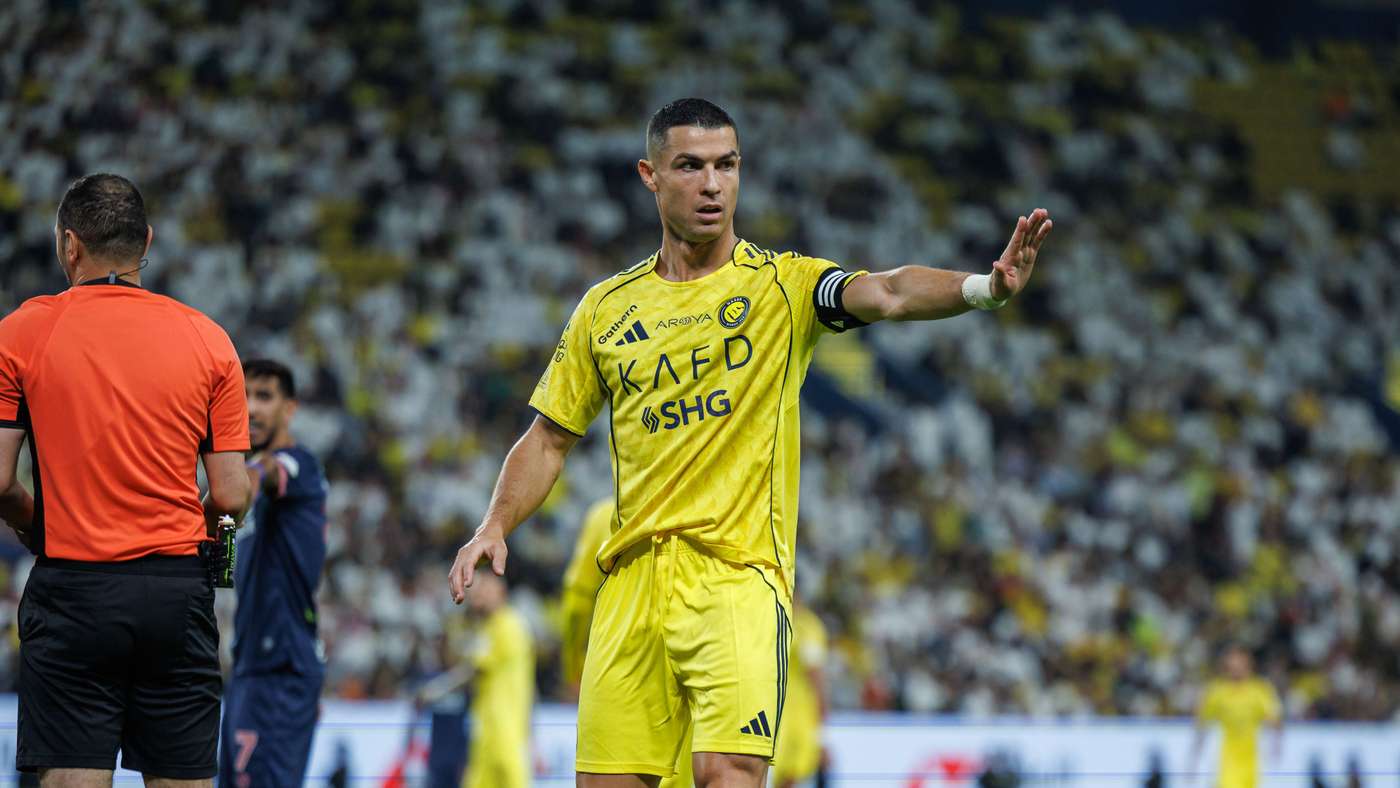From Admin Crises to Morocco’s Rise: Abu-Rida Speaks on Egypt’s World Cup Path
5 November 2025

Egyptian Football: World Cup Quest, Morocco’s Rise, and the Zamalek Question
Egyptian football chief Hany Abu-Rida, a longtime member of the FIFA and CAF executive committees and president of the Egyptian Football Association, says the national team’s journey toward the 2026 World Cup was tougher than many expect, praising the staff led by Hossam Hassan for reaching the World Cup.
He continued: "I do not want to diminish the size of Hassan's achievement. The group we drew included strong teams as well as weaker ones, but qualifying always carries surprises."
He added: "We thank the staff and players for their hard work and reaching the World Cup; there are big teams like Nigeria in the playoff, which shows how difficult the mission for Egypt was."
Abu-Rida stressed the need to maintain full support for the staff and the national team, insisting that "the Pharaohs can deliver remarkable results in the upcoming Africa Cup of Nations thanks to the players' high confidence and genuine desire to go far."
No rift with Hassan.
On rumors of a split with the national team coach, he said: "Some said I was against Hassan, but working together on the ground revealed the reality: the staff has had my full support since day one."
He praised captain Mohamed Salah, calling him a model of maturity and leadership both on and off the pitch.
The biggest administrative mistake.
On his career in football administration, the late Mahmoud El-Gohary encouraged him to pursue this path after his playing career ended with an injury.
Abu-Rida added: "Managing football is far harder than any other administrative work, as it requires dealing with different mindsets and cultures. I tried from the start to leave a mark for Egypt's football."
He takes pride that Egypt qualified for the World Cup finals twice during his presidency (2018 and 2026), noting he spent many years in charge of youth national teams and helped develop talents who contributed to three consecutive Africa Cup of Nations titles, and a bronze at the FIFA U-20 World Cup.
Regarding the biggest administrative mistakes, he said: "The biggest mistake was changing policy to build a new generation after 2018, when we relied on injecting youth under coach Javier Aguirre, but when we bid to host 2019, the technical committee asked for experienced players back, and we agreed."
If I could turn back time, I would have stuck with a youth-centric approach, because football results are unpredictable, but investing in the future is more important than short-term wins.
On Morocco's dominance, Abu-Rida described it as the product of long-term planning by the Moroccan federation and state, noting clear strategy, the use of European-based Moroccan players, and modern development centers that have helped it lead continent and world rankings.
He added that Egypt's federation is currently working on talent-development projects with the Ministry of Youth and Sports and a FIFA-backed program led by Arsene Wenger to improve the talent pipeline from youth levels.
On refereeing, Abu-Rida said fanatical support fuels ongoing criticism of referees; the federation has taken steps to improve, including hiring Colombian expert Oscar Ruiz to correct errors and to build a new generation of referees.
Ruiz's role is not only to monitor referees but to develop them, give them confidence, and inject fresh blood into the system since refereeing is a cornerstone of any successful football setup.
On relationships with clubs, he stressed good ties with Al Ahly, Zamalek, and Pyramids and said the federation backs all teams representing Egypt in African competitions.
There are no disputes with the clubs' association; the relationship is coordinated, and the association runs the league under its rules.
He added he is not satisfied with attendance in the league, urging big clubs to coordinate better with supporters' groups, and suggesting that state-owned or corporate clubs should build stadiums outside Cairo to attract local fans.
The Zamalek financial crisis is administrative at its core; expenses far outstrip revenues, placing the administration in a tough spot and generating accumulating crises.
He warned that Zamalek faces numerous complaints in FIFA and CAS, and urged fans to back the club financially and morally to help it weather the storm.
Punchline 1: If football were math, accounting would finally win the trophy—because in football, goals are fine, but budgets never lie about the numbers.
Punchline 2: They say follow the money; in Egyptian football, sometimes the money ends up in the referee’s pocket, and the scoreboard just shrugs.



